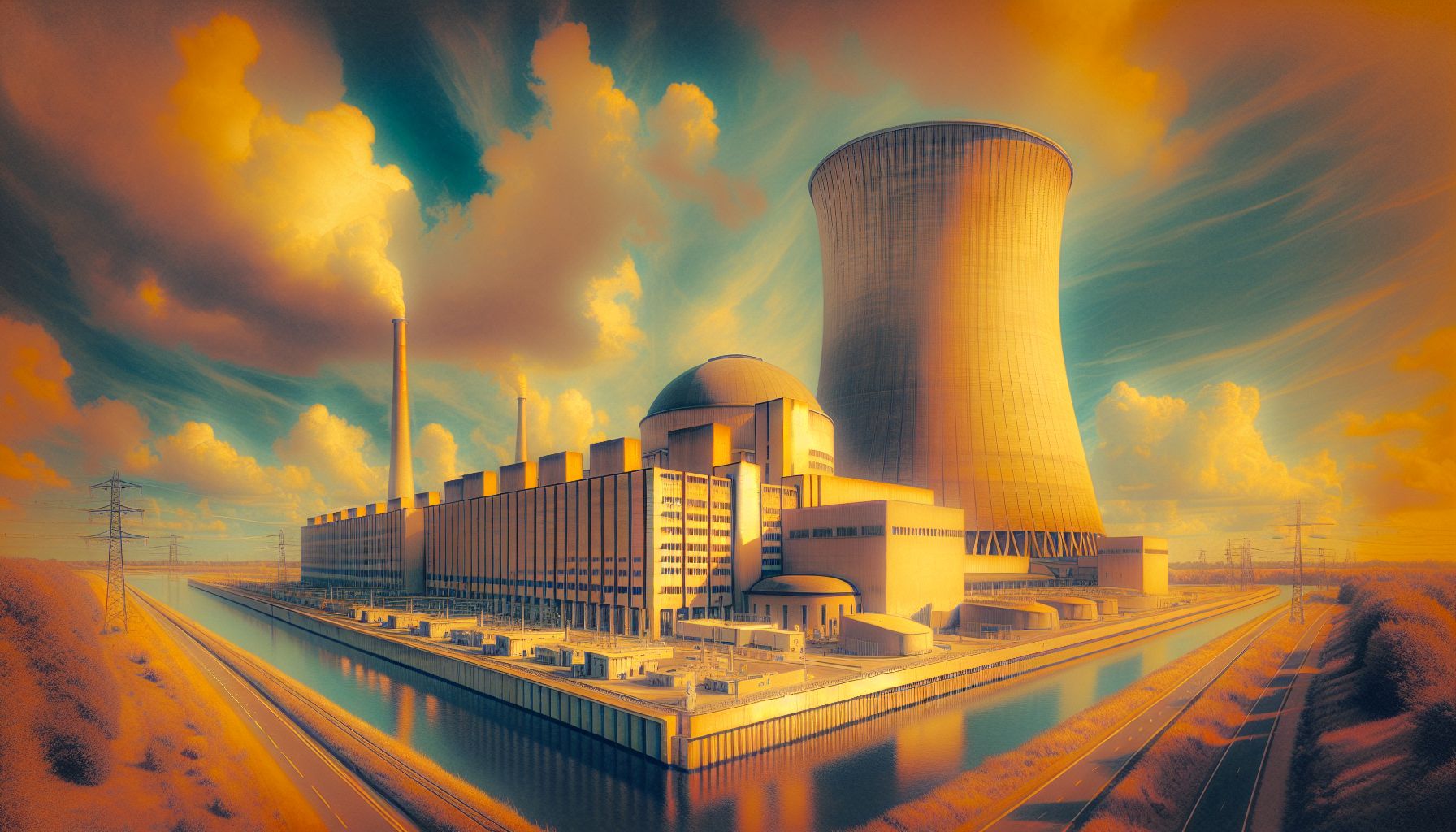Dutch Government Explores State Ownership of Borssele Nuclear Plant

The Dutch government has initiated talks to potentially transfer ownership of the Borssele nuclear plant to the state, aiming for long-term operation and safety.
Background and Strategic Importance
The Borssele nuclear plant, currently the only operational nuclear facility in the Netherlands, plays a crucial role in the country’s energy strategy. Located in the province of Zeeland, the plant has been a significant source of CO2-free electricity. The Dutch government, through the Ministry of Economic Affairs and Climate Policy (EZK), is exploring the feasibility of extending the plant’s operational life beyond 2033. This initiative aligns with broader goals to enhance energy security and reduce greenhouse gas emissions.
Feasibility Study and Safety Measures
To ensure the plant’s continued safe operation, the government has allocated subsidies for a comprehensive feasibility study. This study will assess the technical and environmental implications of prolonging the plant’s life. Additionally, the plant’s operator and shareholders are collaborating on the necessary adjustments to the Kernenergiewet (Nuclear Energy Act) and other regulatory frameworks. The independent regulatory body, Autoriteit Nucleaire Veiligheid en Stralingsbescherming (ANVS), will oversee the adherence to stringent safety standards.
Stakeholder Involvement and Ownership Structure
Currently, 70% of the Borssele plant’s shares are held by the Zeeuwse Energie Houdstermaatschappij (ZEH), a consortium of local governments in Zeeland. The remaining 30% is owned by the German multinational energy company RWE AG. The local authorities have expressed a preference to sell their shares to the Dutch state, which would grant the government decisive control over the plant’s future operations. Preliminary discussions are underway to evaluate the terms and conditions of such a transfer.
Long-Term Vision for Nuclear Energy
The Dutch government views the potential acquisition of the Borssele plant as a pivotal step in its long-term energy strategy. Beyond maintaining the current facility, plans are in motion to expand nuclear energy capacity. The government has tripled its funding to €14 billion for the construction of four new large-scale nuclear reactors by 2035. These reactors, employing Generation III+ technology, are expected to be built at the Borssele site, further solidifying the region’s role in the nation’s energy infrastructure.
Public Engagement and Information Dissemination
To ensure transparency and public engagement, an information center will open in Borssele at the end of June 2024. This center will provide residents, businesses, and other stakeholders with detailed information about the current and future nuclear energy projects. Representatives from the government, TenneT, and local authorities will be available for consultations, ensuring that the community is well-informed about the developments.

